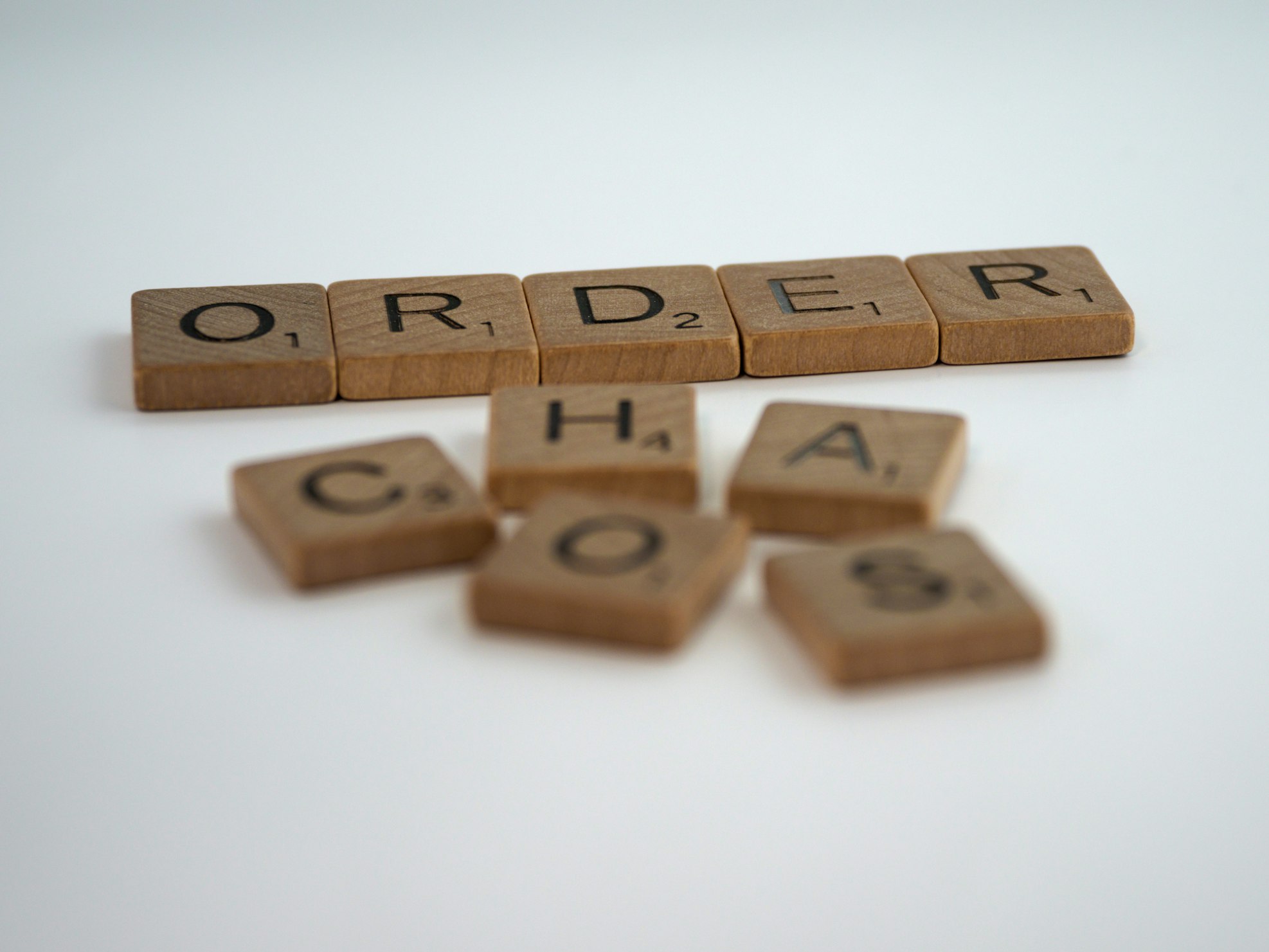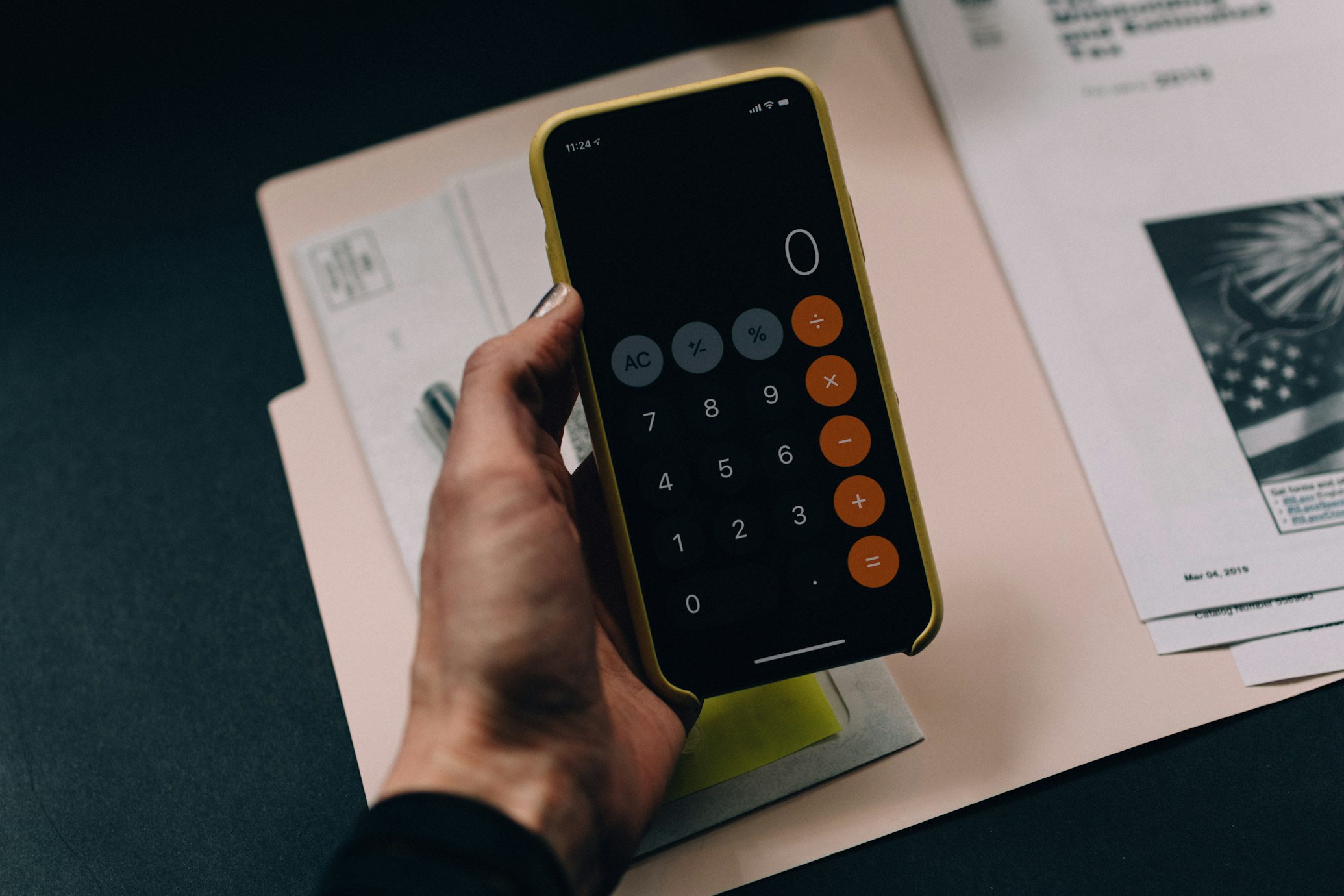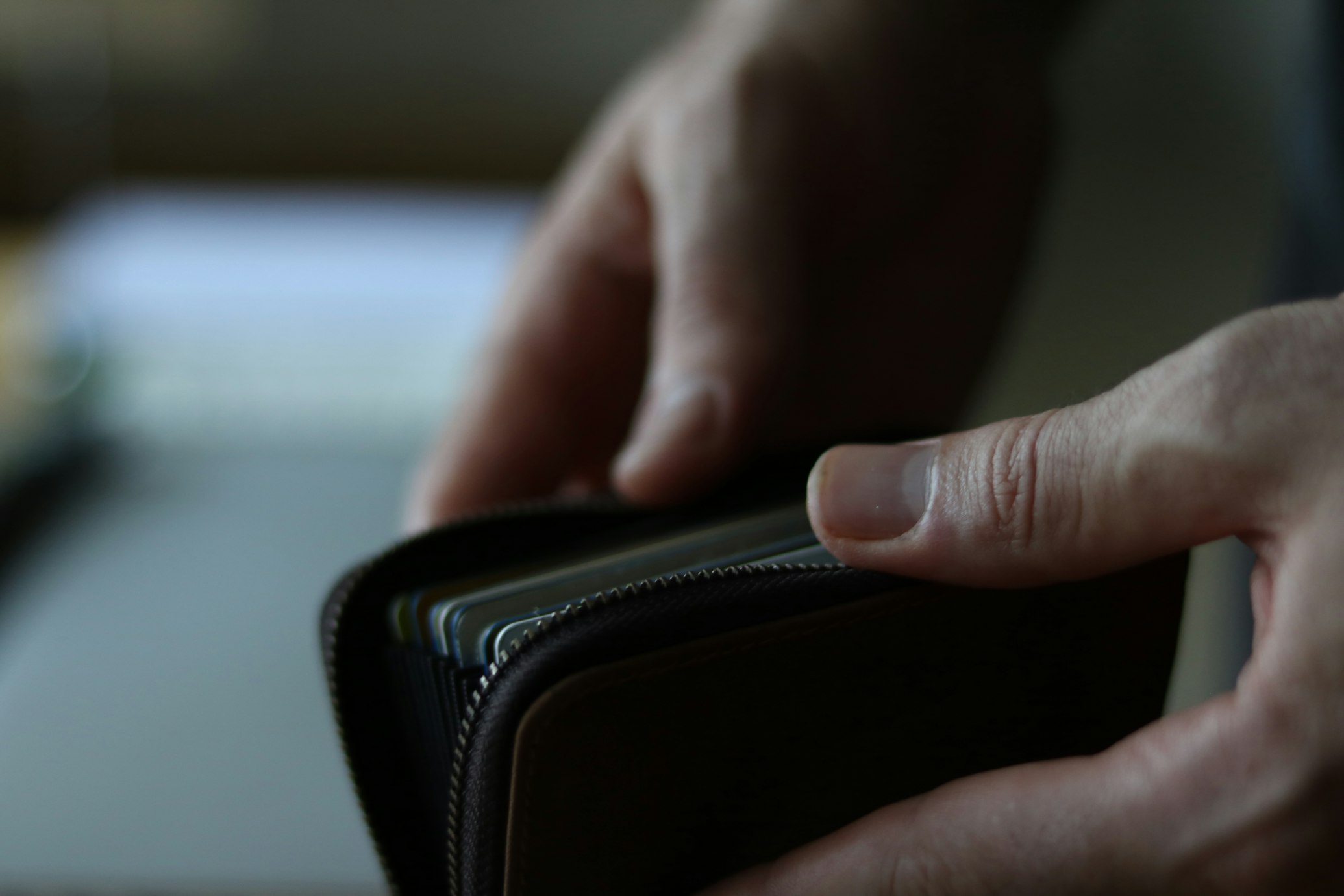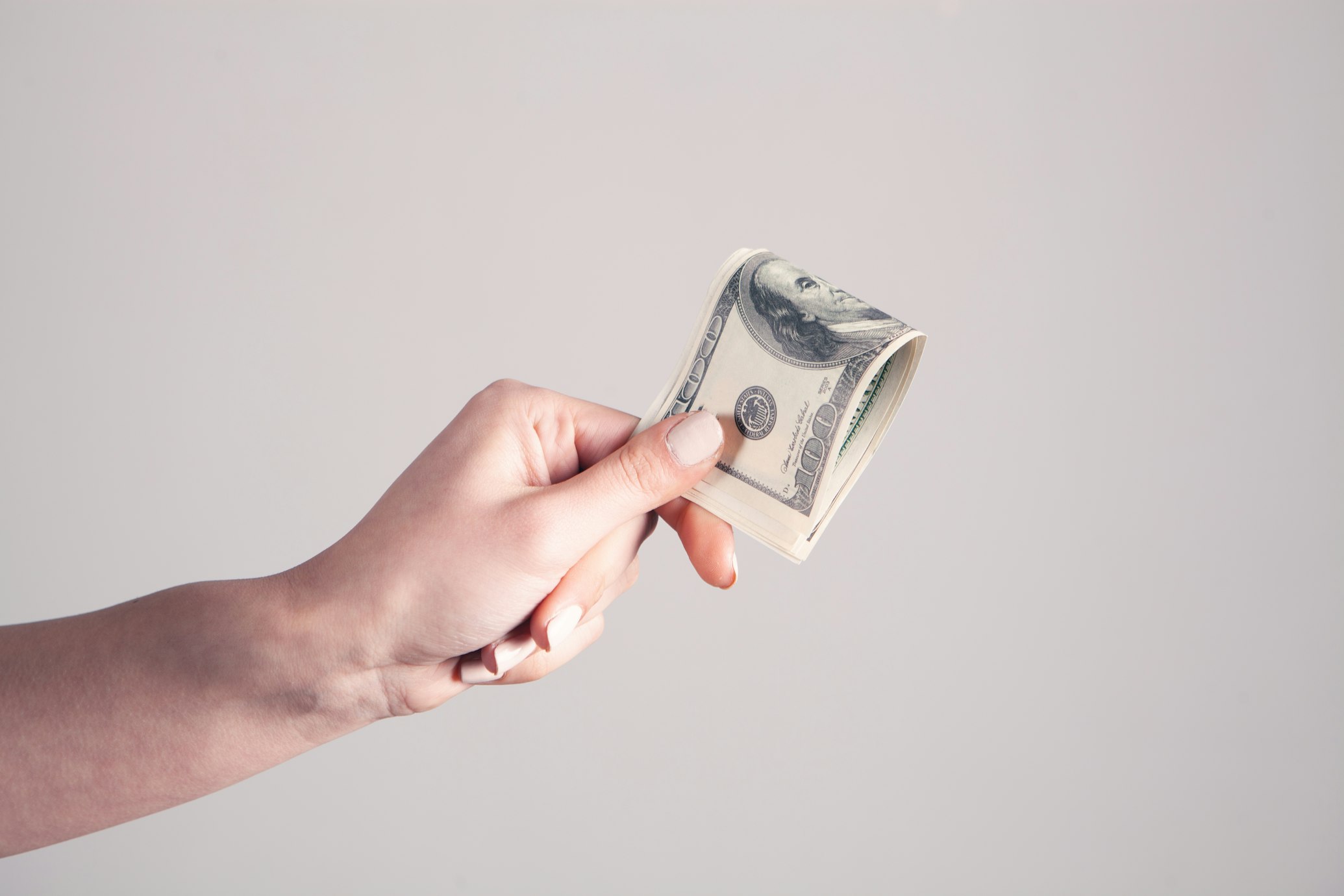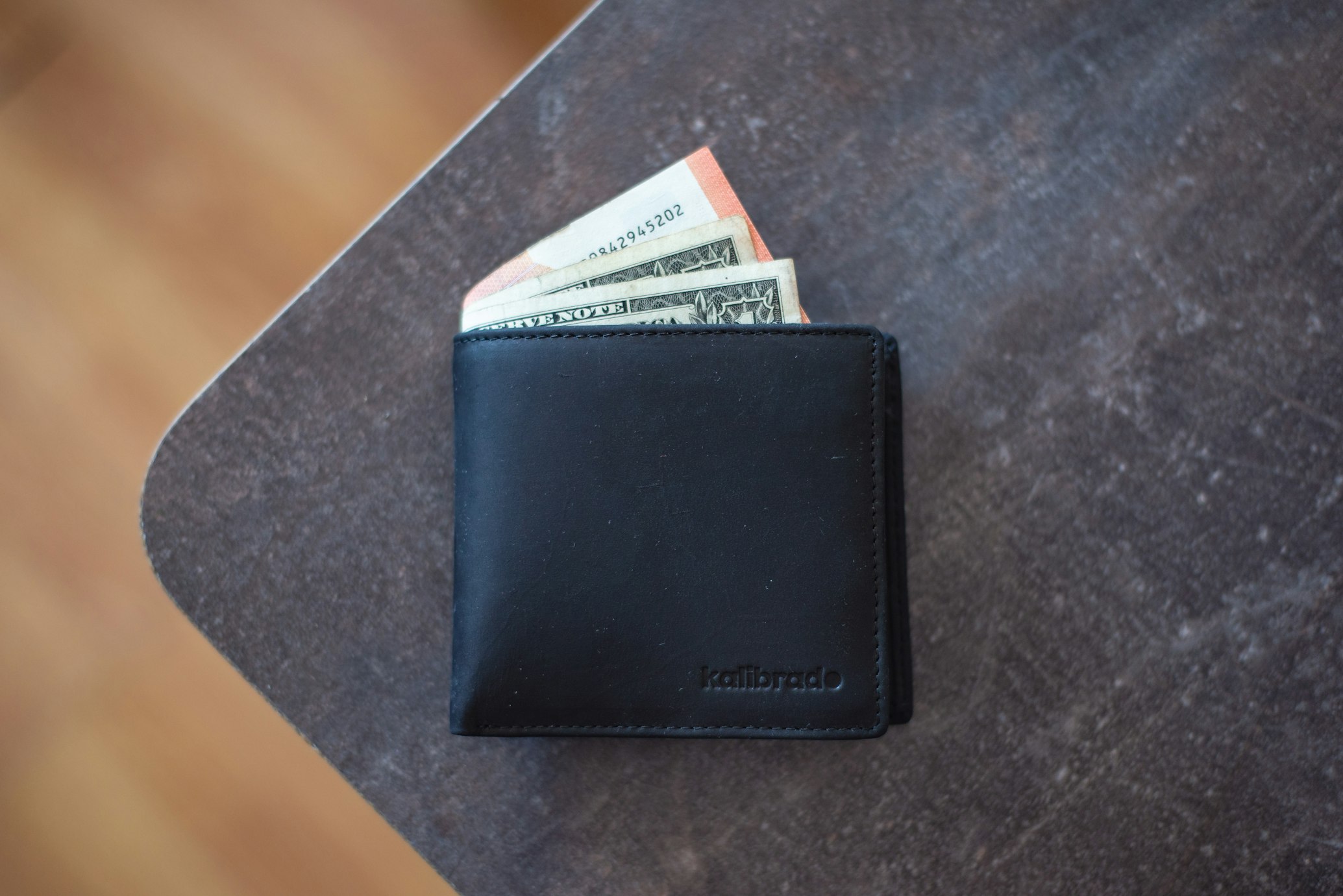7 Tips on How To Prepare For a Recession
Last updated: Jun 17, 2022

Use these tips to stay prepared in case of a recession. The inflation is currently at a 40-year high, making it very likely we’re in a recession right now.
The costs of goods have been rising for most of us while the income is unfortunately not getting any bigger.
The average recession lasts 11 months and I hope you get something out of this post.
1.Stay Away From Debt
In a recession, inflation is usually high leading to increased interest rates. Meaning debt gets more expensive.
If you own stocks these can have higher debt. This means higher interest rates.
And that in turn means less, nonexistent, or even negative profit.
2.Emergency Fund: Your Safety Net
We don’t know what comes next or when it will get better. So having some cash can come in handy.
When calculating your emergency fund keep in mind that it has to keep up with rising costs due to inflation.
Also, recessions have higher unemployment meaning we could lose our main income streams. So even more cash in our safety net could be a good idea.
Too much cash is bad in high inflation environments but is also necessary. So there’s no exact amount of cash we should have.
Having enough cash for 3-6months of living expenses is a good idea. But do you have some sort of guaranteed income that even less could be enough.
3.Protect Against Inflation
Raising inflation is a typical recession trait. Protect against inflation is a very important trait that most rich people use.
Have Less Cash
Even though you should have an emergency fund the more money you have the more money you will lose to inflation.
The average inflation is around 2% and it’s considered a small loss, but a loss nonetheless.
In 2022 the year-on-year inflation is about 6.3% meaning we lose a hell of a lot more keeping cash. This does mean cash is more expensive.
Buy Assets
Since the monetary value is decreasing we could buy good assets. And we should, in theory, keep the value instead of losing it. If the asset at least keeps in value.
Buy Wholesale / Bulk
Buying in higher volumes. And stocking up can be one of the best and easiest things to do to protect against high inflation.
Since we still have to buy consumable goods anyways, like the food we could buy bigger quantities of them.
And in turn, having our cash tied up in those consumable goods or “assets” instead of expensive cash.
Often there is a cheaper price buying goods bulk so we can even see a higher profit doing this.
Another typical recession trait is higher prices of consumable goods. Like food, meaning the profit we get is even bigger.
Having too much cash tied up in goods can also be a problem. Since there are often better long-term investments.
But doing this can be giving you the best percentage returns. Especially in times of recessions.
Do not underestimate the power of stocking up.
4.Tracking Living Expenses
Creating a budget can provide us with a better insight. Into what our priority should be when it comes to decreasing expenses.
And doing our calculations for example in our emergency fund.
Keeping expenses at a low is even more important in times of recession. since we have better buying opportunities.
And cash could be more scarce since unemployment, expensive debt, and expensive cash.
Also tracking goods you want to buy can give us a better judgment on when it’s a good price to make the purchase.
Companies like to use any means necessary to increase their prices. Meaning in certain weeks, months, or other times they can have increased their prices.
Psychological means like “50% discount” is often used by companies to make us more inclined to buy.
But if someone says it’s a 50% discount doesn’t mean that the discount is that big. Or that you even get a discount and could even pay a premie for it.
5.Look For Government Aid Options
Big banks and corporations do use government aid. And we should also look into these options
Regular people are closer to living on the streets than big and rich corporations.
And if even they get the aid then you should not fear it at all since you need it more than they do.
Every country has different rules and at different times.
6.Add Income Streams
A recession has higher unemployment meaning you could lose your job.
Because of this reason diversification in income streams is also a good idea.
Often inflation rises faster than the salary increase meaning that you get less paid for a job.
Getting a Side Job is an option that does increase your income but also takes away a lot of time. This is often the fastest way to increase the income
Creating a Side Hustle is like having a small or early company. Meaning at the start it can be completely unprofitable.
But if you have a side hustle that works out and is getting you some passive income it is a big help.
7.Invest Long-Term
Some stocks are on sale during recessions meaning we can buy low and sell high.
Remember that bear markets are not something to fear since they are big sales.
And we shouldn’t stop having investments. Because over long time index funds and stocks. Have outperformed most other investments.
Investments are assets meaning they should be inflation-proof to some extent.
So having stocks should be better than having cash. Any stock won’t do so see that you have done a fundamental analyst. Or get some help with what investments are good.
Rebalancing Your Portfolio is a good idea when you have very expensive investments.
And having room for possible bargains during a recession is also considered a good idea. Since we want to buy low.
Conclusion
Low/no debt, saving more, and earning more is essential to prepare for a recession.
But having some cash lying around can also make you be able to buy more undervalued investments. Since a lot of investments can be having a sale. But it’s also expensive due to high inflation.
Higher costs of necessities like food are also a very big reality meaning it's good to stock up on those things. And percentage-wise it’s often very profitable doing this at least to some extent.
Since inflation forces us to buy things or else lose the monetary value.

